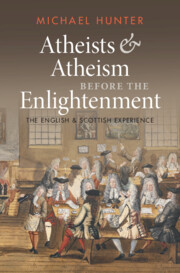In February 1956, Ronald Prain–chairman of the Rhodesian Selection Trust group of mining companies, and a significant figure in postwar international business—was subpoenaed and appeared before the Permanent Subcommittee on Investigation of the U.S. Senate Committee of Government Operations as it sought to determine whether British international business was exporting copper to the Soviet Union. Following the seemingly contrived nature of the proceedings, and because of a hostile interrogation by Robert F. Kennedy, Prain was later to describe his appearance as a “witch-hunt”—a conscious reference to the political paranoia of the period. Using a microhistorical approach, this article examines how Prain understood and narrated his role in an event to which he was a minor actor, drawn into a larger narrative of the political and economic conflict of the Cold War. It evaluates the historical veracity of Prain’s testimony and discusses the limits of memoir and archival sources. It discusses the implications of the event to the historiography of international business, in particular with reference to debates about the “nationality of the company” and the decline of the “Free-Standing Company.” And by examining one personal experience in a wider context, the article also shows that the history of international business and its relationship to the politics of the Cold War should not be seen as remote, monolithic, impersonal, or abstract but as individually lived and suffused with emotion, memory, and personal meaning.


